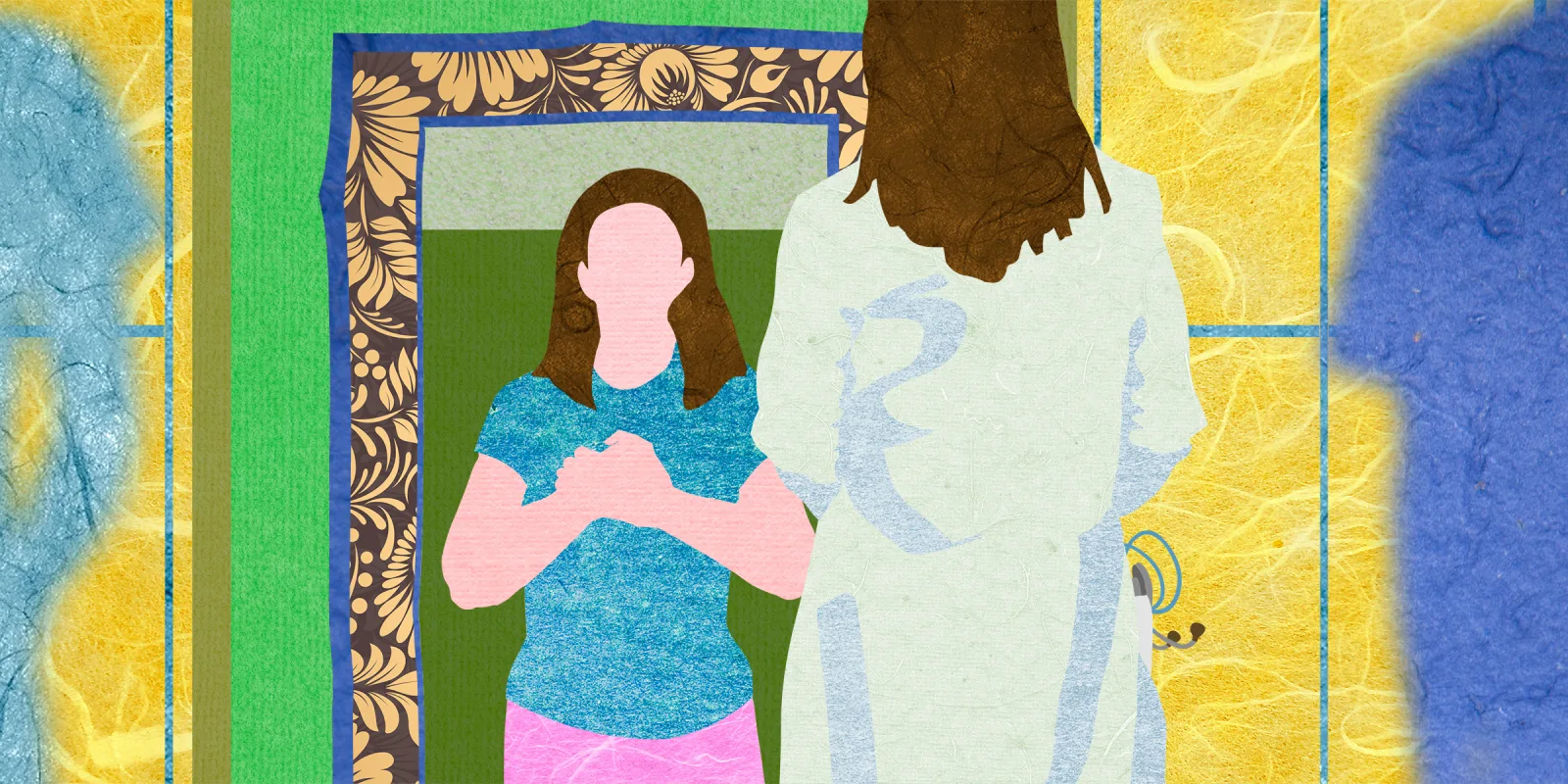There I sat in a small conference room in a chain hotel in Park City, UT. I was attending a national andrology fellowship symposium, surrounded by titans in the field and my impressive co-fellows from all across the country. Surely, having just completed my residency training, landing my dream fellowship position, and having the privilege of a seat in this room, I must feel somewhat competent, right?
Nope.
I surprisingly felt smaller than I ever had. A million thoughts raced through my mind. “I must be the dumbest person in this room!” “How could I ever achieve what these people have?” “How have I fallen so far behind my colleagues?” ‘When are they going to finally find out I am a nobody, masquerading as one of them?” Suddenly I felt dizzy and short of breath. Was it just the Utah elevation, or the sheer weight of my extremely ambitious career decision weighing down on my chest?
This was not the first time I had these feelings. I also know this experience is not uniquely mine. Initially described in 1978 as the “impostor phenomenon” in highly achieving women, impostor syndrome (IS) is characterized by intense feelings of self-doubt and professional fraudulence despite objective evidence of exceptional performance, intelligence and achievement. IS has rapidly become the center focus of numerous wellness initiatives for physicians and other high-achieving professionals. Contemporary literature presents IS as a mental health disorder, with several authors describing various coaching methods and education interventions geared toward eliminating it.
However, I am here to argue that we need to change our perspective of IS from a “disorder” to a “phenomenon” (that’s what it was described as initially, after all). Rather than chasing the unrealistic aspiration of completely abolishing it, we should embrace it, because ultimately I believe it has the power to unify us.
If you feel like an “impostor” in medicine, then it insinuates that you feel different – like an outsider who has deceptively joined this group to which you do not belong. But if almost everyone feels like an impostor at some point in the journey of becoming a physician, does it not stand to argue that it is actually a defining characteristic of the physician identity?
When I first started my journey in medicine, I believed my pervasive feelings of self-doubt stemmed from my background. As someone who grew up with limited financial means, I immediately felt intimidated as I began my journey. I tried to silence the voice in my head that told me I did not belong, and often avoided situations that I feared would exacerbate my insecurities. It was not until my third year of medical school when I heard a wellness talk on IS. For once, I felt a sense of belonging and connectedness to my peers.
Ever since, IS has been an ally to me, not an enemy. I have learned to publicly own my humility and embrace IS as the common ground I have with those around me. Turns out, vulnerability leads to more vulnerability. My candidness has offered comfort to students, co-residents, and attendings alike, allowing them to shed their hardened exterior and share their own struggles with IS — feelings they had not fully internalized or spoken of previously.
So how do we reconcile with our feelings of self-fraudulence, embrace the discomfort they instill, and grow from them?
First, I think it is important to recognize what we do is, simply put, really hard. The field of medicine attracts people who strive for excellence and perfection and demands the utmost highest level of dedication in order to excel. With these pressures, it is no wonder up to 60% of health professionals admit to suffer from feelings of IS. That staggering statistic alone (which is likely underestimating true rates of IS) should offer some insight that it’s more common than we all admit on a day-to-day basis.
Another critical concept to acknowledge is that IS does not discriminate based on stage in career. Everyone – from medical students to late career attendings — experience new, uncomfortable situations that instill a sense of insecurity. Thus, if IS is never going away, then we may as well get comfortable with it.
In order to grow from IS, you must first forgive yourself despite feeling insecure. Embracing IS does not mean the feelings go away. It means acknowledging them in an objective light and recognizing new challenges as an opportunity to evolve. In isolation is where IS grows into something much more sinister – depression, anxiety, and self-loathing. Therefore, the most crucial step to overcoming the negative impact of IS is sharing your experiences with those close to you. Not only will it allow you to practice as your authentic self, but it will also benefit those around you.
With all of this in mind, if we all experience IS, and can acknowledge it persists despite high levels of achievement and accolades, why are we trying so desperately to eliminate it? IS is the ultimate equalizer, the foundation of our common ground, regardless of specialty, region, race, or socioeconomic background. As someone who came from a disadvantaged background, IS allowed me to bond with my peers, and eventually gave me the sense of societal belonging I had been looking for since I started my journey in medicine.
We should harness the power this mutually shared sentiment has to deepen our mentoring relationships, enrich interprofessional interactions, and improve the care we deliver to patients. We should speak openly and out loud about the unique challenges we face together as a community as a means of protecting ourselves from job dissatisfaction and burn out. As the next generation of physicians begin to define the new era of medical education and mentoring, I urge us all to normalize the experiences of impostor syndrome, as it will most certainly allow us to uniquely grow as a collaborative group with the shared goal of optimizing health care delivery.
How do you view impostor syndrome? Share in the comments.
Brittany Berk is a recent graduate of the Brigham and Women’s Hospital/Harvard Medical School urology residency and is currently completing her fellowship in Andrology and Infertility at the Cleveland Clinic. She is passionate about optimizing outcomes for men suffering from sexual health disorders, and medical education and mentoring.
Illustration by Jennifer Bogartz







